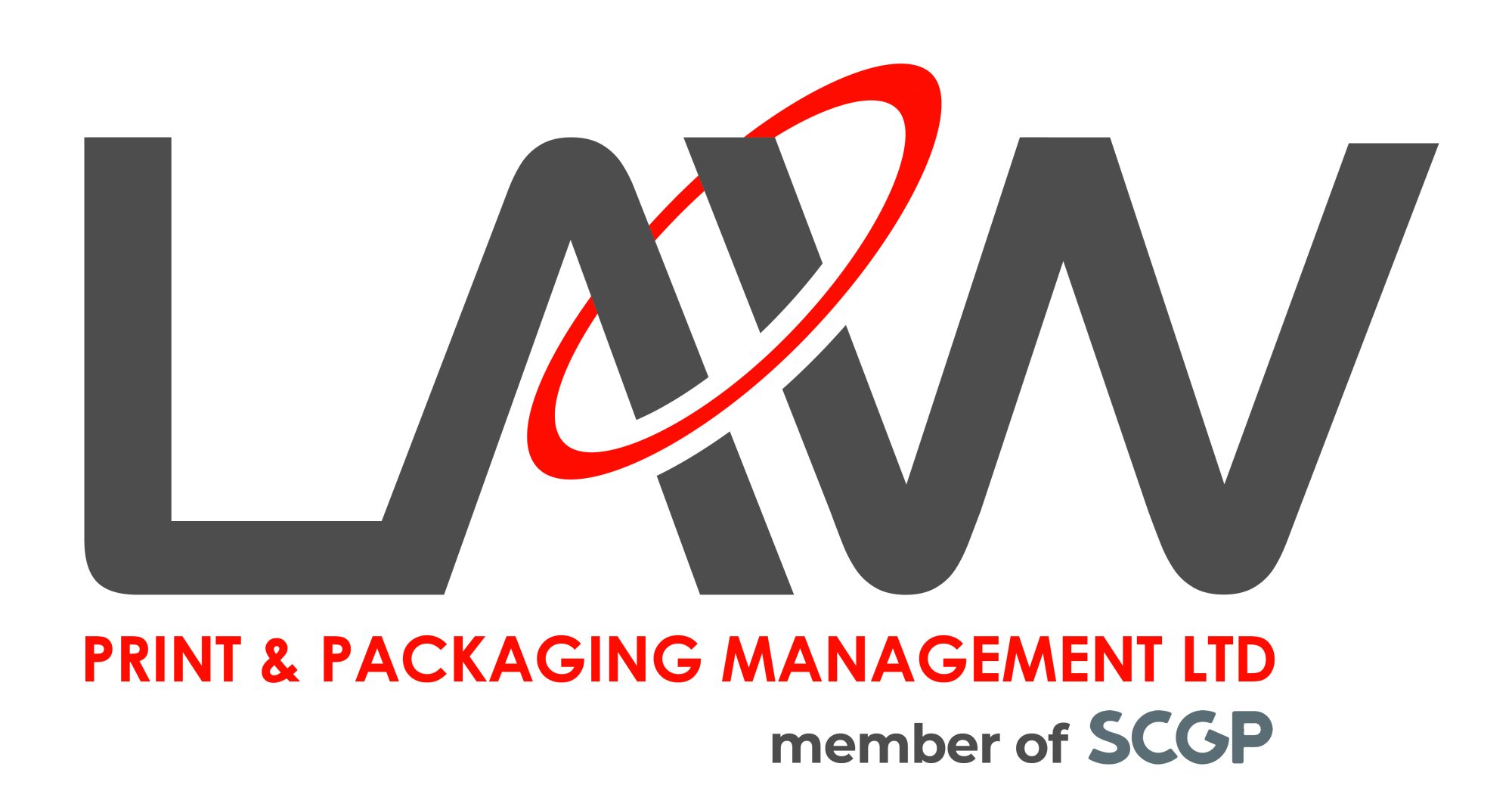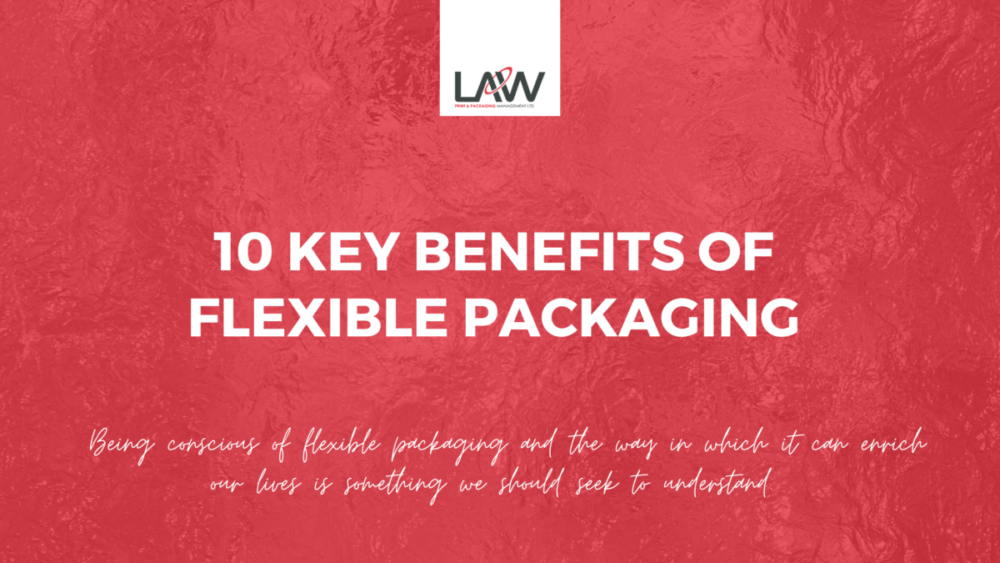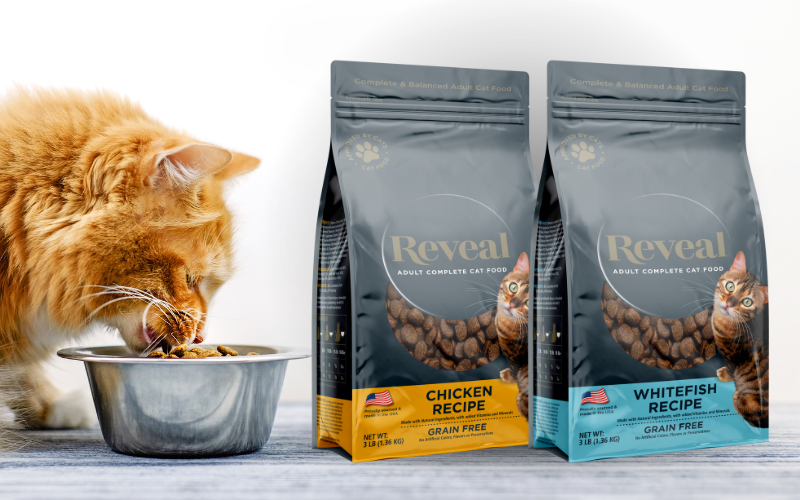Flexible packaging is in our lives more than we probably realise. Let’s face it, we have other things to think about! However, being conscious of flexible packaging and the way in which it can enrich our lives is something we should seek to understand.
Whilst it isn’t the first choice for many, we’re seeing an uptake of brands and businesses looking to switch from rigid containers to bags. So why are solutions such as stand-up pouches and flat-bottom bags on the rise? Part of it is due to education.
When you think about flexible food packaging, you may straight away imagine plastic bags floating in the ocean, and piles of plastic at the waste disposal tip. However, in recent years, flexible packaging has become more sustainable. It can now be made from a single plastic, meaning it is 100% recyclable. Plus, plastic packaging can actually have many other uses after its initial use. So let’s dive in, we’re about to smash some myths!
Lowering Costs
Flexible packaging can significantly lower packaging costs as less material is used in the production process. The costs also transfer across the supply chain, with savings on storage, warehousing and distribution.
Lightweight
Flexible food packaging solutions such as pouches are far more lightweight than rigid materials such as glass and jars. Retailers and supermarkets are looking for products offering convenience for their consumers. With flexible packaging being easier to carry and handle it ticks many boxes for the people you’re trying to appeal to in-store.
Differentiate your product
Strong visual packaging can be a real differentiator for shoppers in our digital world. Some businesses have reported a 30% increase in consumer interest when those businesses show strong attention to packaging. Flexible packaging allows brands to differentiate their product on saturated shop floors, impressing retailers and consumers alike.
Appeal to the Millennials
Millennials are one of the largest generations in western history. In 2015, Millennials represent a quarter of the UK population and 94% feel it’s important to have a unique identity. This demographic is notorious for growing increasingly loyal to independent brands and market pioneers. Flexible packaging has proven its appeal with this crowd as it ‘breaks the traditional mould’.
Reduce Waste
Pouches used in packaging are smaller than rigid container counterparts using 60% less plastic and can be up to 23% lighter. Items such as Stand Up Pouches and Flat Bottom Bags can have a higher product-to-package ratio and can even require less than half the energy to produce. Not only that but as we mentioned earlier, flexible packaging can now be made using a single plastic, meaning it’s recyclable.
Carbon Footprint
As well as improving waste levels, flexible packaging manufacturing does not take as many resources to produce. Due to the smaller, compact packaging, more products can also be distributed reducing fuel costs, emissions and overall carbon footprint.
Improved Shelf-life
Advancements in the type of seal used in flexible packaging have massively improved the shelf-life of flexible food packaging, keeping produce fresher for longer for retailers and end users. This is why we never villainize plastic, as it has so many benefits! Keeping food fresh is important to avoid wasting valuable resources. The Flexible Food Packaging plastic keeps food fresh, keeps in nutrients and can be recycled
Print Techniques
Flexible packaging allows for rotogravure printing techniques, up to 10 colours, producing extremely vivid colours and photographic images. This can be a major selling point for brand owners who have previously been restricted to flexographic printing. Although the costs can be higher turnaround times are quick making it a suitable option for large print runs.
Recyclability
A real buzzword for packaging with many businesses and consumers set on using recyclable materials to support wider corporate responsibility.
When it comes to flexible packaging recyclability is a difficult subject to define. Although flexible pouches are not recyclable they technically create less waste than many ‘recyclable materials’ with their use preventing millions of tonnes of waste in landfills.
Customisable
Flexible packaging is extremely versatile and can be customised to meet much different food products’ needs. Packaging manufacturers can tailor Stand Up Pouches or bags to fit most shapes and sizes. Flexible by name, flexible by nature.
Convinced that flexible food packaging is the way forward?
Our team of packaging experts can assist you from design consultancy to final store delivery. We have helped many brands to market with bespoke flexible food packaging solutions tailored to their every need.
Subscribe to our newsletter for all the latest packaging news and insights


